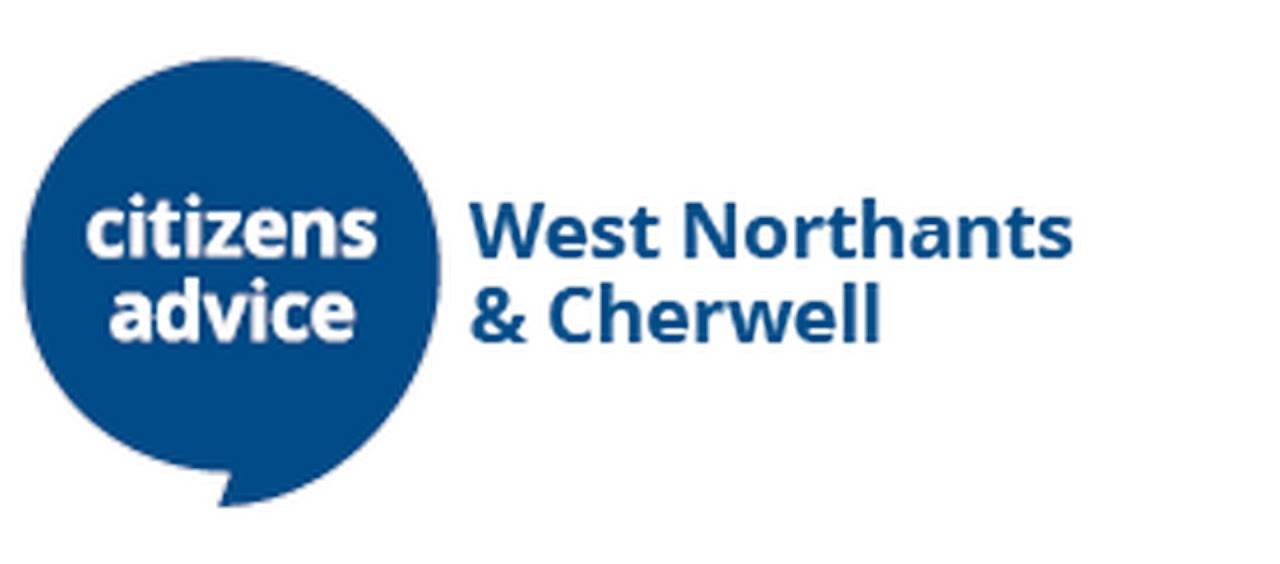New research from Citizens Advice finds almost a quarter of Brits (25%, equivalent to 12.4 million people) have experienced a problem with an item they’ve bought since October 2023. This article will help you know your consumer rights when shopping online.
The charity’s study found consumers spent over £2 billion and six million hours – an average of £64 and 94 minutes per person – trying to fix these issues. This was made up by, for example, people needing to take time off work to return a parcel within set hours, or racking up phone bills hanging on the end of a customer helpline.
Citizens Advice found shoppers were seven times more likely to have an issue with online purchases compared to those made in store (24% vs 3%). Further analysis revealed:
Delivery issues were the most common (57%) problems for consumers with products arriving late (28%) or not arriving at all (27%). This was closely followed by consumers receiving faulty goods (52%).
Those aged between 18-24 (34%) and those with children younger than 11 (33%) were most likely to be left out of pocket when buying goods or services online (compared to the average of 25%).
These findings are mirrored in the demand for Citizens Advice services as consumers turn to the charity for guidance on how to claw back losses from a range of retail woes. Some of the cases the charity helped with recently include:
A man who was left £100 out of pocket when only half of his clothes order was delivered, despite having spent three hours on the phone to their customer helpline to try and fix the problem
A family whose concerns that the bunkbeds they ordered seemed unsturdy were ignored. Shortly after, they collapsed. Despite calling up the retailer no steps have been made to fix this
To help shoppers know their rights when buying online, Citizens Advice is sharing its top tips to shop confidently.
Delivery problems:
It’s the seller’s responsibility to make sure the item is delivered to you. Check the delivery address you gave the seller and contact them to ask where your order is. If the seller claims they’ve delivered it or don’t know where it is, you can ask for a redelivery. You might be able to get a refund in some circumstances.
Defective goods:
If something’s gone wrong with an item you’ve bought, you might be entitled to a refund, repair or replacement. You’ll have legal rights if the item you bought is broken, damaged or faulty (‘not of satisfactory quality’), unusable (‘not fit for purpose’) or not what was advertised or doesn’t match the seller’s description”.
What if I change my mind?
If you buy in store, you don’t have a legal right to return goods if you’ve simply changed your mind. Lots of shops have their own policies and do allow this, but time limits can vary. If you buy online you usually get a right to cancel, known as a cooling off period, but there are exemptions including bespoke or personalised goods, and computer software where the seal is broken.
Pay safe:
Pay by card so you have another form of protection if there’s a problem. The other way would be by making a chargeback or section 75 claim to your card provider. Be cautious if you’re asked to pay in an unusual way such as in iTunes vouchers, crypto currency or via bank transfer as this could be the sign of a scam.
Making a return:
Get proof of your return – a receipt from a shop or proof of postage. If you pay for return postage check the service you use covers the value of the goods. Use a service that includes tracking means you can prove when a trader received your return.
If you have a consumer issue, solutions may be found on our website www.cawnac.org.uk or call us on Adviceline at 0808 278 7906 and select option 1.
All support provided by Citizens Advice is free, and as a charity, donations allow us to assist more people. Details for making donations can be found on the website, or cheques can be sent to Citizens Advice West Northants and Cherwell, 26 Cornhill, Banbury OX16 5NG.










